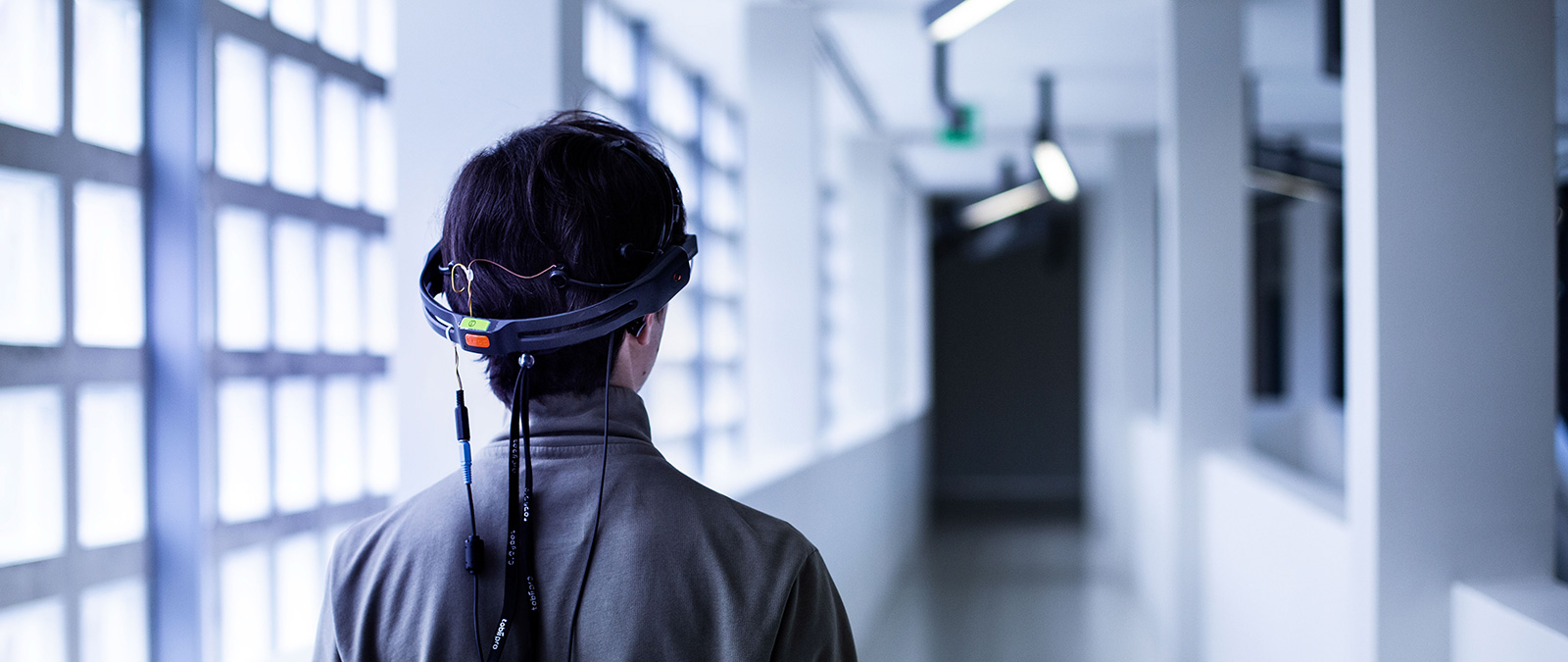
Genesis and development of organizational capabilities in the tourism sector
Year 2017
The study explores the creation of a capability at the tourist destination level from two complementary perspectives: i) the identification of the constituent elements that define this concept (static perspective) and ii) the analysis of the interactions between these elements (dynamic perspective).
The work focuses on a specific capability: the creation of a new product in an alpine destination (Livigno in Italy). The theoretical framework refers to three dimensions identified in previous studies on the relationship between destination capability and competitiveness (Haugland, et al. 2011; Ness, H., et al. 2014): inter-destination bridge ties; destination governance; destination capabilities.
The work makes it possible to verify the hypothesis that the creation of a target capability requires an "integrated" and "multi-level" approach (Haugland, et al. 2011), identifies the determinants on which the development of this collective capability is based and defines three phases of the capability development process: scouting, implementation and involvement.
A first version of the study, in which my IULM colleague Ruggero Sainaghi is involved, has been published in De Carlo, M.,Sainaghi, R. (2016). How to Create Destination Capabilities in the Field of New Product Development. In Pechlaner H. & Innerhofer, E. (Eds.), Competence-based innovation in hospitality and tourism. Gower, Ashgate Publishing.